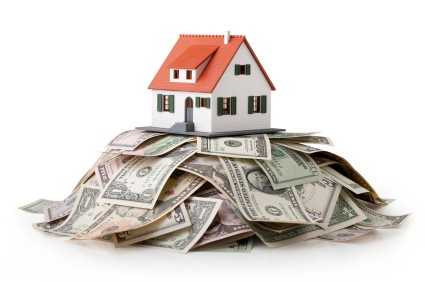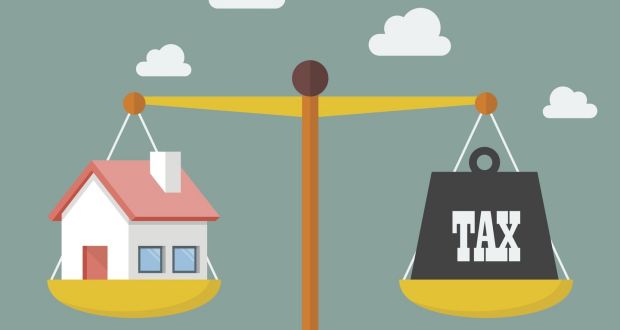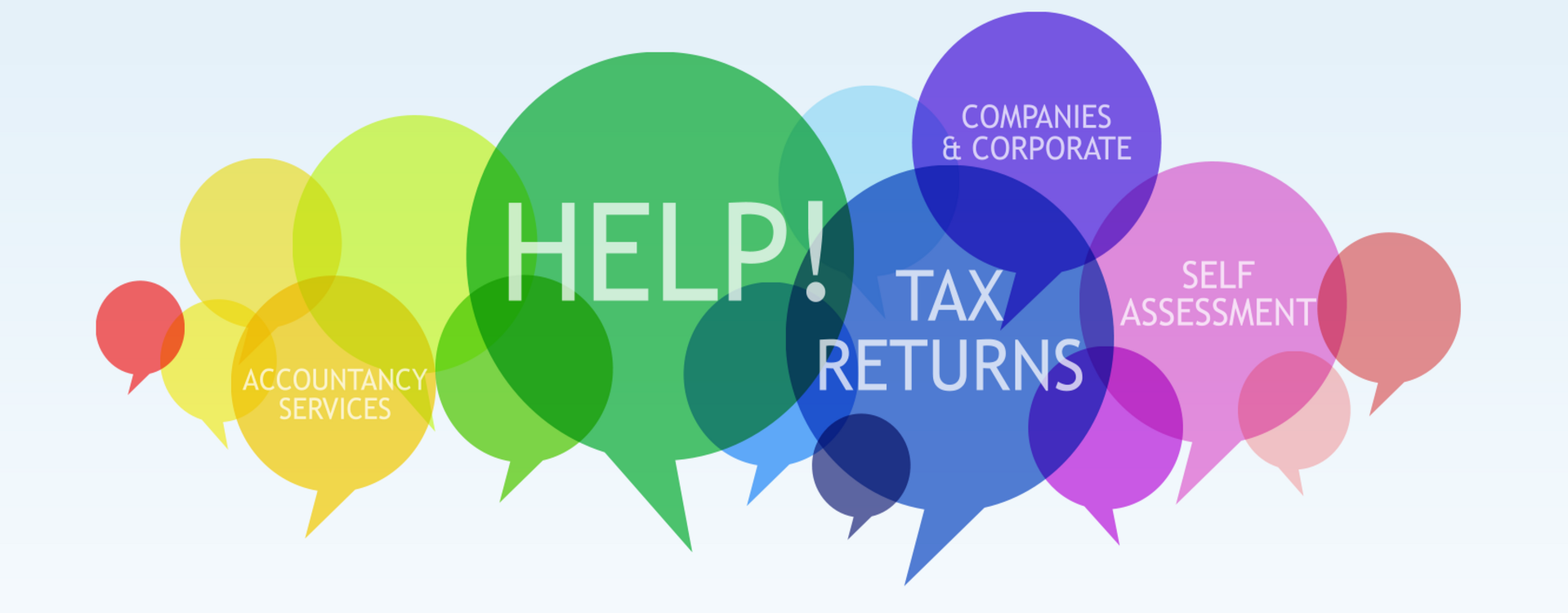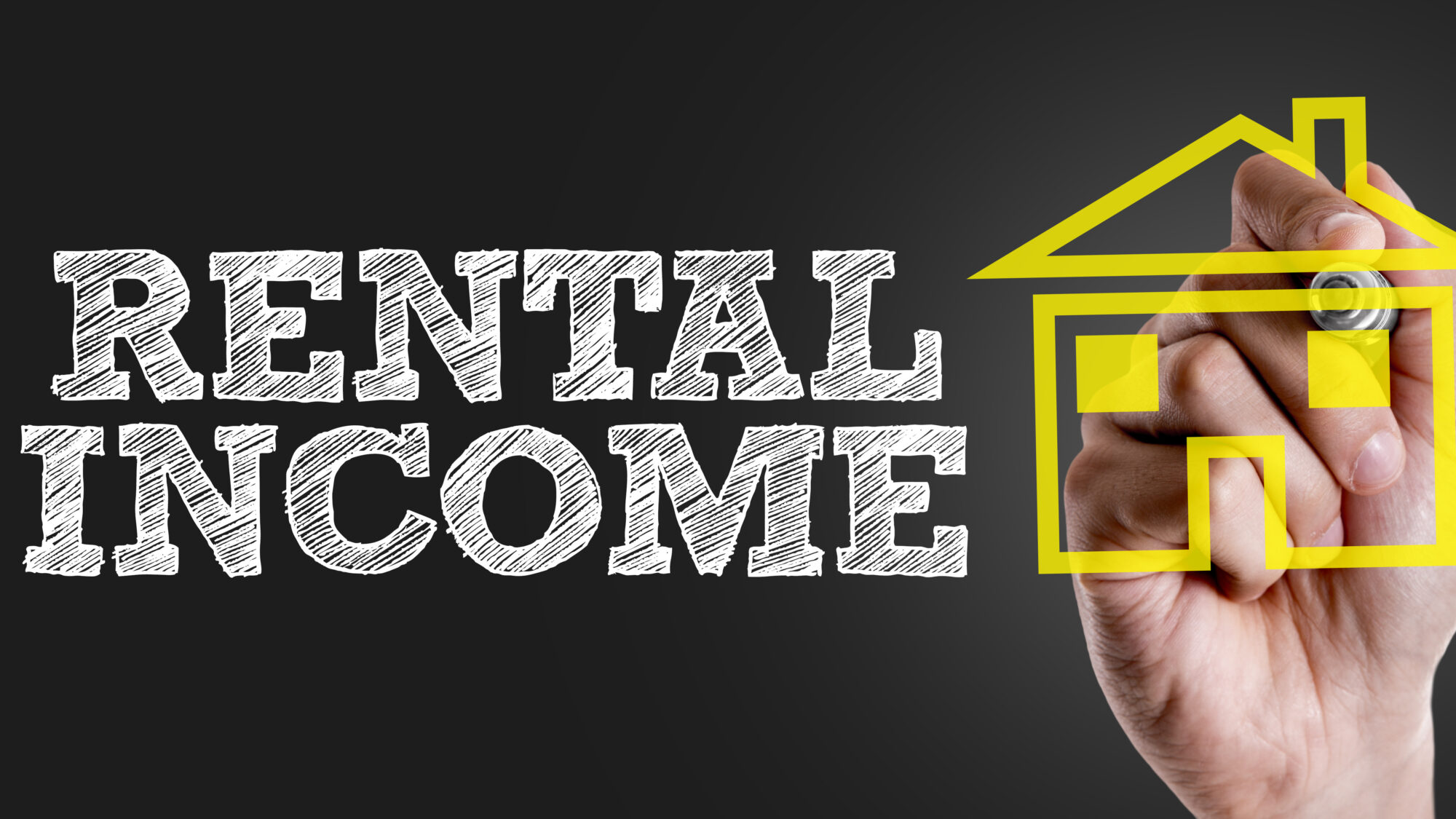Owning a rental property(s) can be a smart investment. However, there are a lot of things to consider in terms of the tax payable on rental income. Tax on rental income can often be complicated, and so we would always recommend seeking advice from accountancy practices who offer specialised services as accountants for buy to let landlords. For example, the services we offer at Ambiance guarantees landlords the best up-to-date advice on all their tax needs.

How much tax do you pay on rental income?
For individuals owning residential property, tax is payable on the annual profits which is the total income less allowable expenditure in the tax year. The rates of tax vary as to your total taxable income for the year and will be taxed between 0% to 45% depending on which tax band this income falls into. For example, if you earn £60k from employment income and £10,000 in rental profits then the £10,000 will be taxed at the higher rate of tax of 40% – resulting in a tax bill of £4,000 for the year on rental income!
Limited companies that own residential property pay tax at 19% on their annual rental profits, with the owners or shareholders of the business paying tax on the dividends at varying rates from 7.5% to 38.1%, however this is again dependent on other personal income and circumstances during that tax year.

What landlord expenses are tax deductible?
Generally any expenses which relate wholly and exclusively to the maintenance and upkeep of the property are deductible for tax. Some examples are as follows:
- Lettings agents’ fees
- Day-to-day repairs
- Accountancy fees
- Service charges and ground rent
- Mortgage interest (subject to certain restrictions)
However, it is significant to note that there are restrictions to costs if the property is classed as an ‘investment’ as opposed to a ‘trade’, so we would always advise seeking appropriate guidance from an experienced landlord accountant before submitting your self-assessment tax return.
Also, an additional important point to note is that capital expenditure such as structural refurbishments or extensions are typically not deductible against your rental profits during the year, but instead are deducted against your ‘capital’ gain when selling the property.

Do I pay capital gains tax when selling property?
Capital gains is a tax on the profit when you sell or dispose of something that’s increased in value. With property prices increasing rapidly over the last few decades, many property owners and landlords have found themselves with an unexpected capital gains tax bill, mainly due to poor planning or a lack of awareness of tax law.
Depending on your total income in a tax year, rates of capital gains tax can either be 18% or 28% for a residential property for any gains above the annual exempt amount.
There are many reliefs that are potentially available to minimise or eliminate a capital gains tax bill, such as private residence relief, lettings relief and rent-a-room relief.
As capital gains tax should always be considered before selling (or even purchasing) a property, we would always recommend you seek professional advice from a qualified accountant beforehand, and continue to use any buy to let tax accountant services if or when you purchase a new property.

How an accounting service will help my buy to let business?
Seeking advice from those offering services as a landlord tax accountant or buy to let accountant, can be hugely beneficial, as accounting services can help you review your existing portfolio for tax efficiencies, consider personal and household income, as well as assess the potential of future plans.
A knowledgeable accountant can advise on future purchases and even the structure of your potential portfolio, for example they can help recommend whether to incorporate your property portfolio into a limited company, as well as offer advice on vital considerations such as stamp duty, inheritance tax, capital gains tax, and income tax!
A good accountant will also help you with the basics, like finding the most suitable digital accounting software from the vast amount of digital applications on the market. Software such as Xero now helps remove the headache of having to type-up all receipts, and offers a receipt scanning app and integration of bank transactions. Xero for landlords is like having an accountant right at your fingertips and can help when it comes to preparing accounts and tax returns.

What Landlord accountancy services should I be receiving?
If you’re a Landlord owning rental properties then let us take the hassle out of your tax compliance by ensuring you not only stay compliant with HMRC, but structure your portfolio in a tax-efficient manner. We offer the following services to either ‘accidental’ or full-time landlords:
- Initial Consultation to Review the Structure of your Property Portfolio from a Tax Perspective
- Advising Regarding Changes in Recent Tax Legislation
- Self-Assessment Tax Returns Preparation
- Capital Gains Tax Implications
- Advice Regarding Private Residence Relief and Lettings Relief
- Stamp Duty

